The Processing Revival and Intrastate Meat Exemption (PRIME) Act (H.R. 2859/S. 1620)
Under the bill, small custom slaughterhouses would be authorized to sell and distribute non-inspected meat into intrastate commerce to: household consumers within the state; restaurants, hotels, boarding houses, grocery stores, or other establishments located in such state that are involved in the preparation of meals served directly to consumers; or offer meat and meat food products for sale directly to consumers in the State.
Background:
The Federal Meat Inspection Act requires inspection of meat packing and processing plants to ensure all commercially sold meat comes from slaughter animals that are healthy, fit for slaughter and humanely treated, and meat intended for human consumption is safe, wholesome, and properly labeled. Meat sold into interstate commerce must be federally inspected by USDA’s Food Safety Inspection Service. Meat sold within a state in which the slaughter and processing takes place may be inspected under a state meat inspection program, which must be at least equal to federal standards.
NAMI Position:
This legislation sets a dangerous precedent because these custom slaughter facilities are exempt from food safety inspections and day to day operational oversight.
The custom slaughterhouses referenced in the PRIME Act, however, are exempt from on-premise food safety inspections because they do not produce commercial product,nor are they meant to. These establishments are called “custom” slaughter facilities by design: because they slaughter and prepare livestock and game animals such as deer for the exclusive non-commercial use of the animal’s owner, … commonly called “freezer meat.” Custom facilities are exempt because they are considered to provide a service to an animal’s owner, not a product to be sold to consumers who trust in the integrity of the nation’s food safety and inspection system.
Even under the most optimistic assumptions, the capacity of these custom facilities to slaughter and process livestock amounts to a small fraction of one percent of the nation’s red meat supply. Any economic impact on the livestock market for farmers and meat supply would be negligible.
However, The PRIME Act would set a dangerous precedent by authorizing the commercial sale of non-inspected meat products. It would create a serious loophole that would compromise the U.S. food safety system and consumers’ confidence in it.

